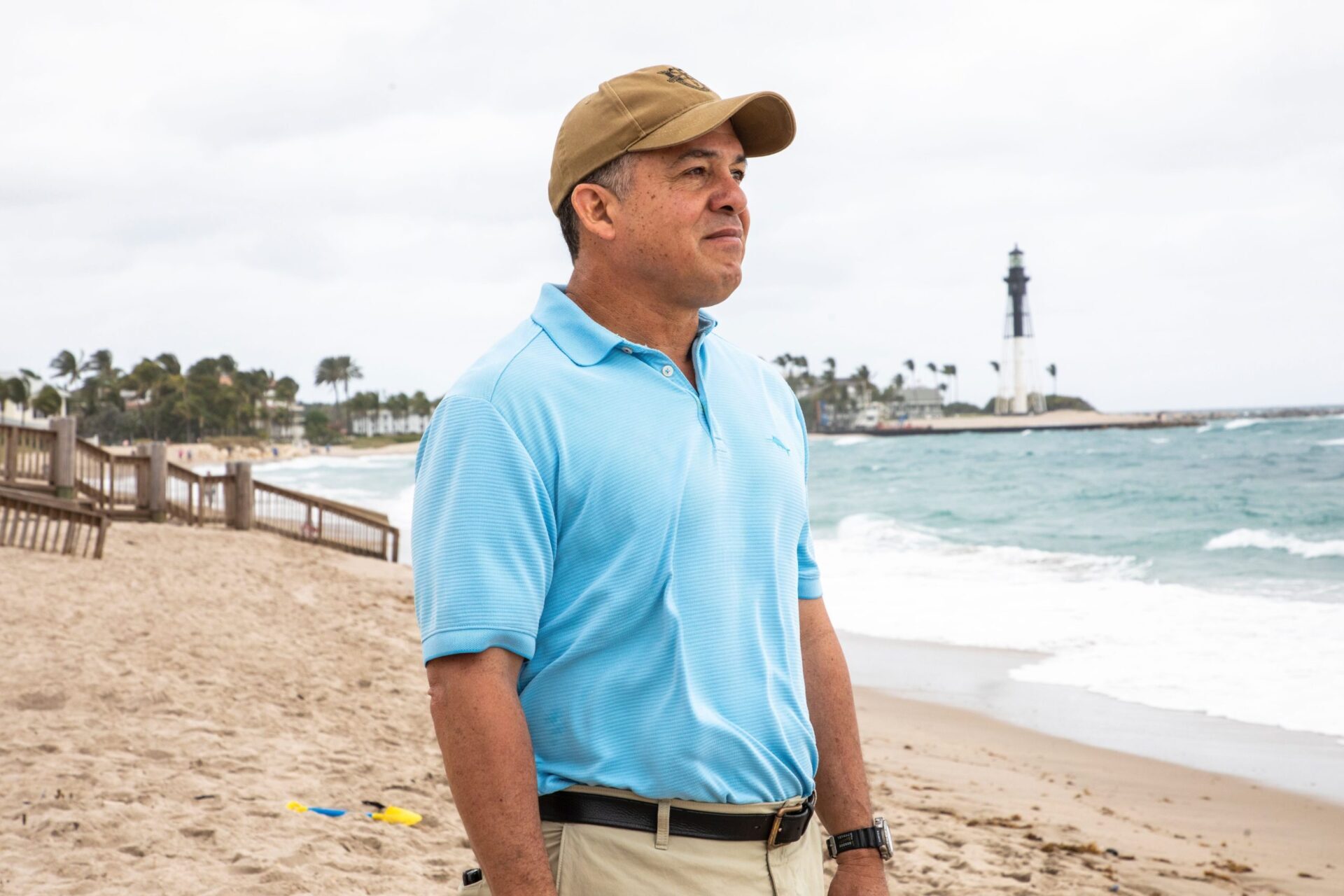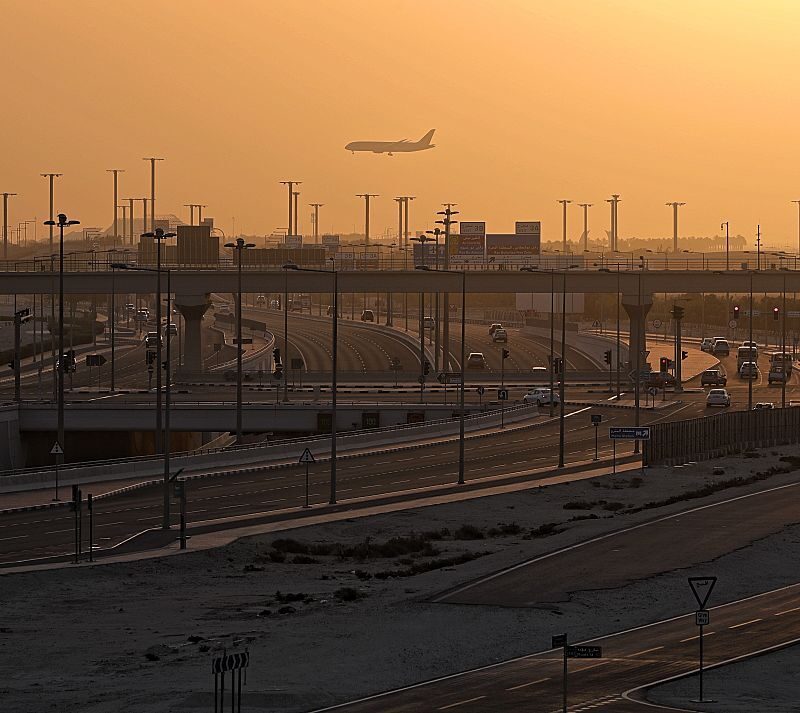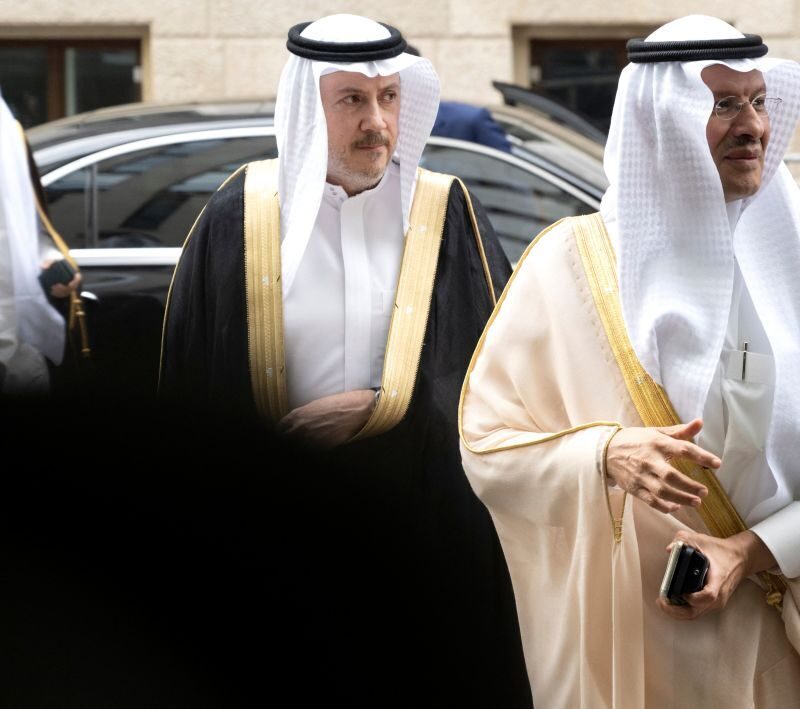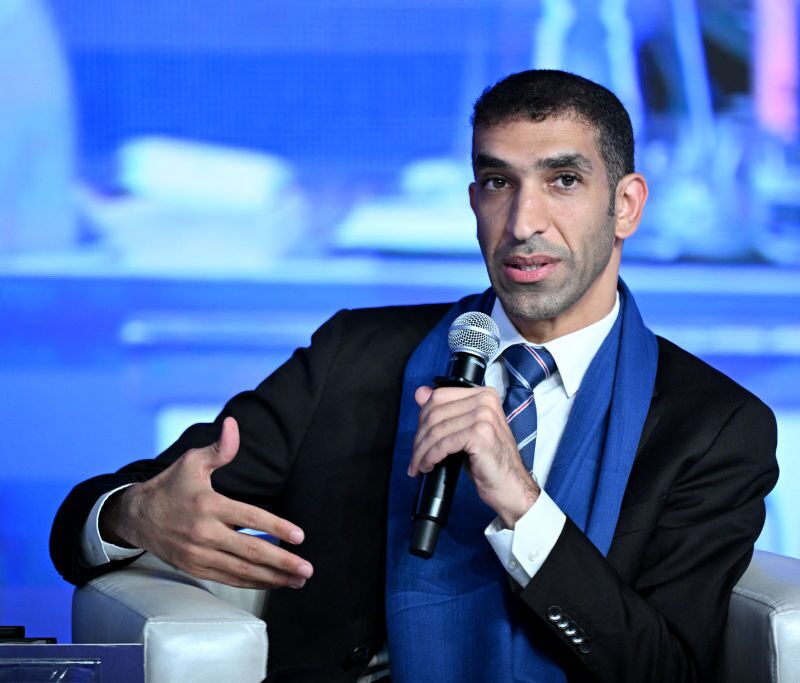
Jason Nuttle for Jewish Insider
The general who coined the Abraham Accords
How a two-star U.S. general from Puerto Rico earned the trust of the Emiratis to later help broker the Abraham Accords — and name it too
Below the holiest place in Judaism, a group of visitors gathered in December 2020 to celebrate Hanukkah. Guests of honor inside the dimly lit stone archway of the Western Wall Tunnels in Jerusalem included a who’s who of Jewish...




